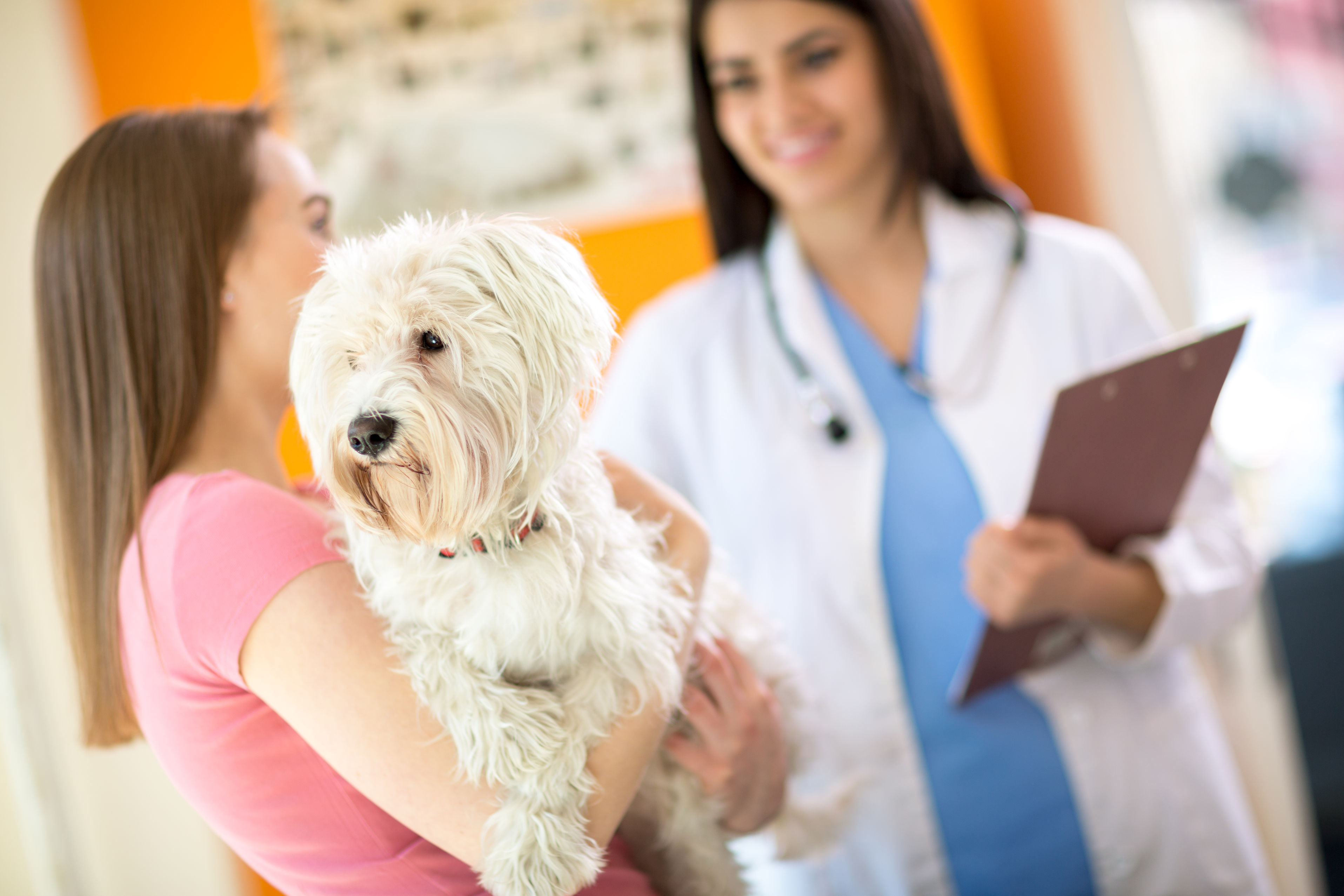Cats and dogs alike require regular medical attention for the treatment of minor ailments, just as we do. Some symptoms begin to show that are worrisome; making their owners unsure if this is something that will resolve on its own or if it is a sign of something worse. Our pets can hide problems well, which why if they begin showing sign of illness, it is wise to bring them in for a visit with your Veterinarian for a thorough examination.
Most Common Symptoms of Illness
Diarrhea and/or Vomiting
The most common symptom of an illness is diarrhea and/or vomiting. These signs are both non-specific and many factors can be the cause. When a cat or dog vomits one or two times with no other symptoms, there is likely nothing wrong and no need to worry. However, seek attention from your Veterinarian quickly if they continue to vomit, to avoid dehydration.
If they experience diarrhea, you want to visit your Veterinarian immediately. Diarrhea, when left untreated, can have an impact on their health.
Changes in Appetite or Drinking
The amount your cat or dog drinks and eats can be an early sign of different systemic diseases. More common in older pets, which is the reason your Veterinarian asks about their eating and drinking habits. Contact your Veterinarian to make an appointment as soon as you notice an increase or decrease in your pet’s appetite or drinking.
Change in Activity Levels / Lethargic
Another common symptom of illness when your cat or dog is sleeping more often, or their activity level has decreased. This can be a symptom of many different illnesses and you should contact call your Veterinarian for an appointment.
Irritation of the Skin
Skin irritation that is itchy can quickly lead to damaged, broken skin from biting and scratching in hopes of relief; which in turn could cause an infection. If your cat or dog has redness of the skin, itching a lot, loss of hair or bald spots, or has been biting on their feet, contact your Veterinarian for an appointment for them to have a look.
The quicker you seek treatment from your Veterinarian, chances for a better outcome increases.
For more information, contact Western Veterinary Group, or call them at 310-326-0000. You can also connect with them on Facebook for more updates!

